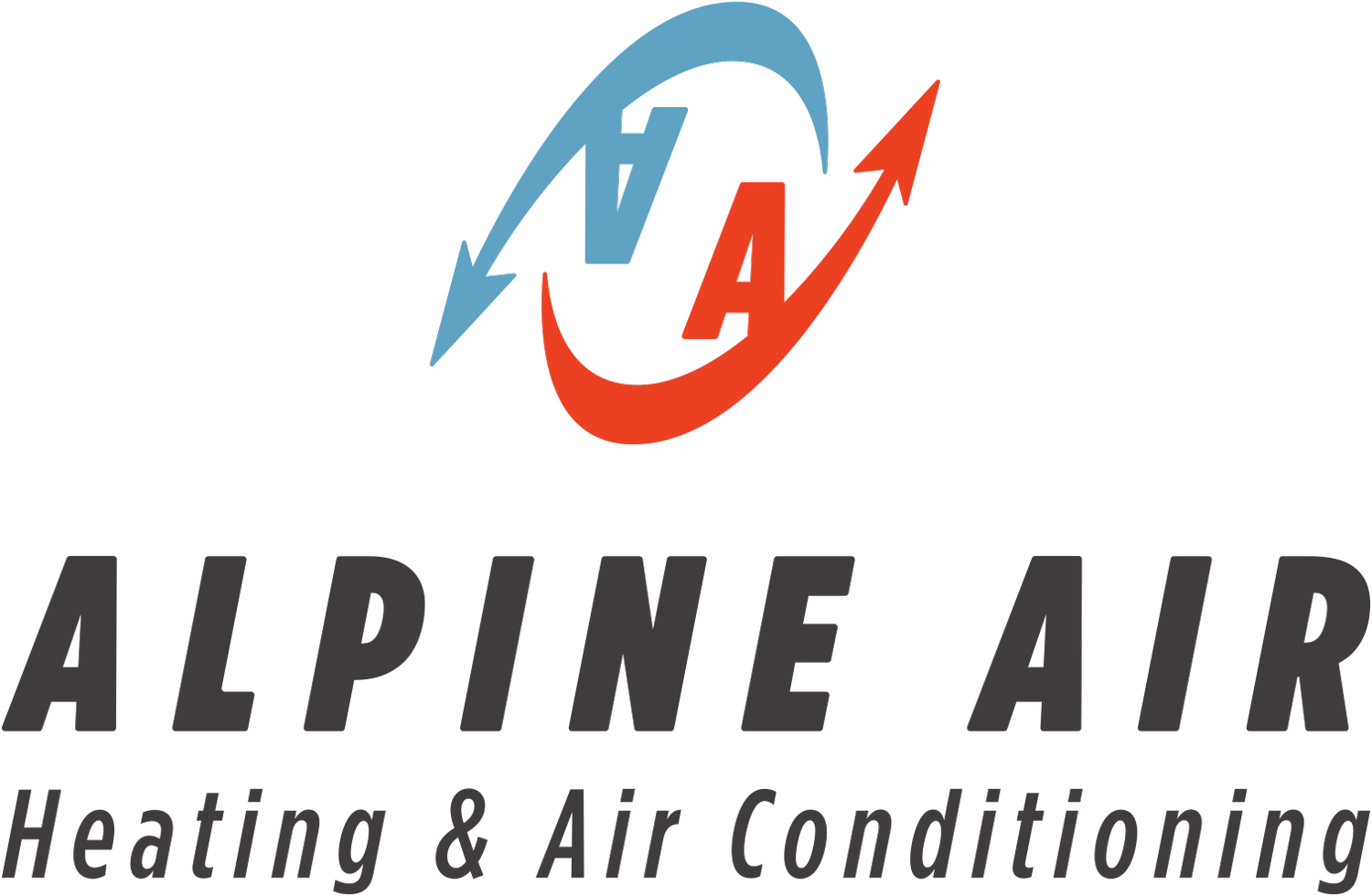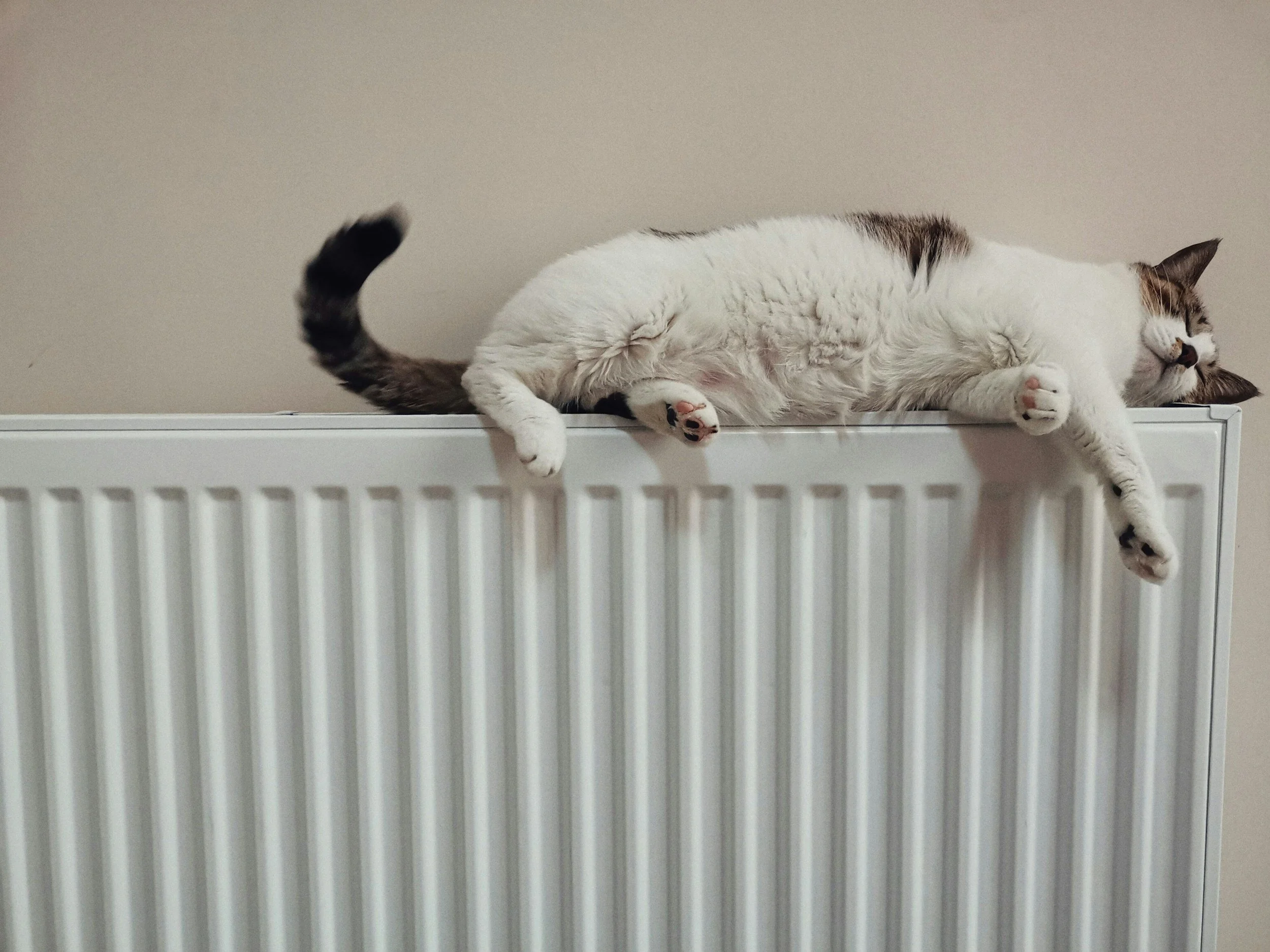Heating Systems
We proudly provide Orange County and surrounding areas with heating maintenance, repair and installation for both residential and commercial. Our goal is to provide you with effective heating solutions to keep you and your family or business and customers comfortable and warm.
Boiler vs. Furnace
What’s the difference between a furnace and a boiler? Glad you asked—we get this one a lot!
A furnace heats air. If you have ducts and grilles blowing warm air all around your space, congrats, you've got a furnace system—aka a forced hot air system.
A boiler, on the other hand, heats water. And it’s pretty versatile about how it warms your space:
Radiant heat: Hot water flows through tubing under your floor, turning your floors into cozy warm pads.
Baseboard: Pipes tucked along the bottom of your walls gently radiate warmth upward.
Radiators: Classic wall-mounted units that give off steam or hot water heat.
Hydro Air: The boiler heats water that passes through a coil in the hydro air unit. This unit blows air over the hot coil, heating the air and pushing it through ductwork to warm your home.
So, furnace = heated air, boiler = heated water
Boiler Benefits
Boilers: The Unsung Heroes of Home Heating
Boilers Save Energy
While boilers might pinch your wallet a bit more at installation compared to furnaces, they pay you back in spades over time. Why? Because water is better at transferring heat than air. That means your boiler works smarter, not harder, to warm your home, leading to hundreds of dollars saved when you switch from a forced-air system to a boiler.
Boilers Outlive the Competition
Boilers are the marathon runners of heating systems. They have fewer moving parts, mainly just a circulator pump, which means less mechanical wear and tear.
Easy maintenance and fewer headaches
Low parts count means boilers are the easy-going members of your heating family. Annual checkups and tune-ups keep them purring smoothly with minimal repairs. Unlike their more complicated cousins, boilers don’t demand a lot of babysitting.
Radiant, Even Heat—No More Hot Air Rising to the Ceiling!
Forced-air systems tend to act like that one friend who hoards all the snacks at the party—the hot air just hangs out near the ceiling. Boilers, on the other hand, spread the warmth evenly across your space with radiant heat. You get cozy rooms faster and fewer chilly corners to sneak up on you.
Boiler Types
Electric Boilers
Electric boilers generate heat using electricity, making them a go-to choice when natural gas isn’t in the neighborhood. They’re compact, easy to install, and run efficiently, perfect for cozy spaces that don’t want to sacrifice comfort.
Natural Gas Boilers
Natural gas boilers take center stage as the most popular heating heroes. They burn natural gas to deliver warmth, balancing cost-effectiveness.
Steam Boilers
These boilers turn water into steam and send that steamy goodness around to warm things up. Perfect for big industrial setups, steam boilers pack a serious heating punch. Just remember—they need a watchful eye and regular TLC to keep them performing well.
Condensing Boilers
Condensing boilers capture heat from the water vapor in their exhaust gases—heat that traditional boilers just send up the chimney. They use a secondary heat exchanger to cool the exhaust gases until the water vapor condenses, releasing extra heat to prewarm the colder return water. This savvy heat recycling pushes their efficiency beyond 90%, leaving old-school boilers with 70-80% efficiency eating their dust.
Combination Boilers (Combi)
Small space? No problem. Combi boilers combine hot water and heating in one compact unit, delivering warm showers and cozy rooms without hogging floor space. Ideal for apartments or cozy homes where every square foot counts.
Hot Water Boilers
These boilers work by heating water and circulating it through pipes to heat your space and supply hot water. They’re the heavy lifters in larger homes and commercial buildings, running on natural gas, oil, or electricity.
Oil-Fired Boilers
Got no natural gas hookup? Oil boilers have your back. They burn heating oil to keep your place toasty and are known for their dependable.
Wrapping It Up
When choosing a boiler, think about what you really need. Whether it's energy efficiency, space-saving magic, or heavy-duty heating muscle, a boiler could be your solution. From electric and natural gas to steam, condensing, combo, hot water, and oil-fired boilers, each type brings its own set of benefits to the heating game, ensuring your comfort all year round.
What is a Traditional Boiler?
A traditional boiler is a heating system that stores and heats water in a tank or cylinder. This hot water then travels throughout the building, warming radiators, underfloor heating, or hot water taps. You’ll often find these boilers in older homes or buildings that haven’t upgraded to modern systems like condensing boilers or heat pumps. They work by burning fossil fuels like gas or oil to heat the water.
Traditional boilers come in a couple of flavors: the conventional boiler, which uses a separate hot water tank, and the system boiler, which combines heating and hot water components into one unit. While reliable, these boilers need regular TLC and aren’t as energy-efficient as newer, greener options.
Also known as a Conventional Boiler
What is a Heat Only Boiler?
This kind of boiler warms water to heat your home but doesn’t supply domestic hot water for things like showers or taps.
-

Installation
Boilers
Furnaces
Zoned Hot Water Baseboard
Radiant Floor & Garage Heat
Water Heaters & Wall Hung Tankless Units
Forced Air Heating
Hydro Air Systems & Hot Water Forced Air Heating
Direct Vent Heating Systems
Energy Saving Programmable Thermostats and Controls
Oil and Gas Suspended Unit Heaters
Rooftop Package Units
-

Maintenance
Don't wait for that first HOT or COLD day to turn on your system, only to find out that it's not working efficiently or even at all! Let us help you realize the maximum return on your heating and cooling investments. With a properly maintained system you can benefit from reduced operating costs and increase the longevity of your units.
-

Service
We want you comfortable. If your system isn’t running at its peak, give us a call and we’ll promptly dispatch a trained service technician to diagnose and fix the problem.




